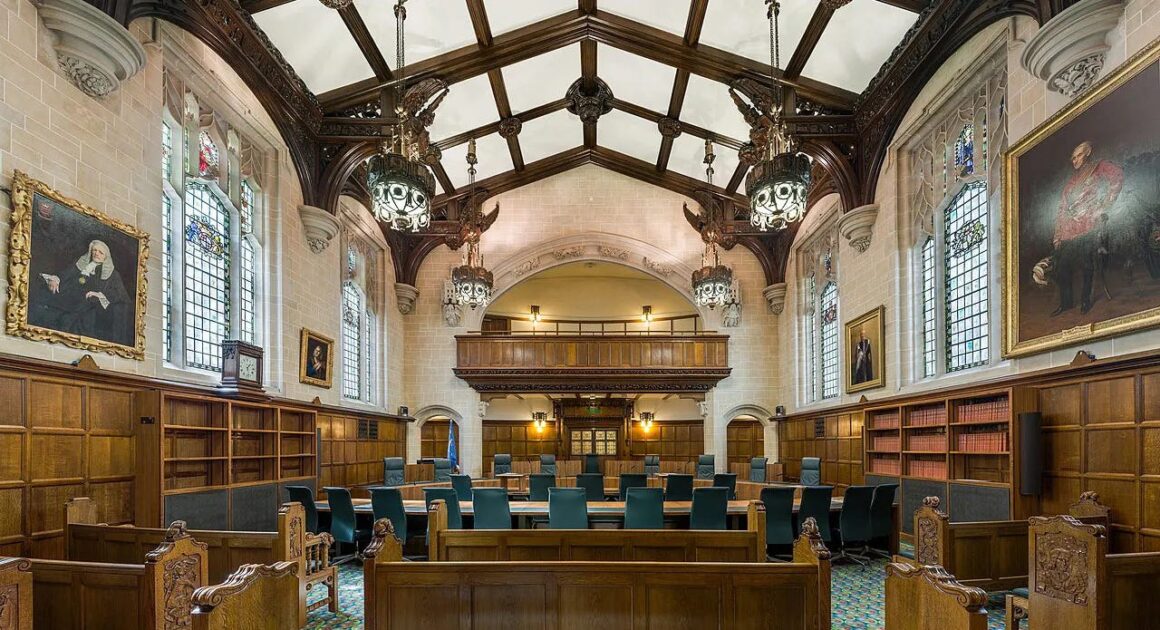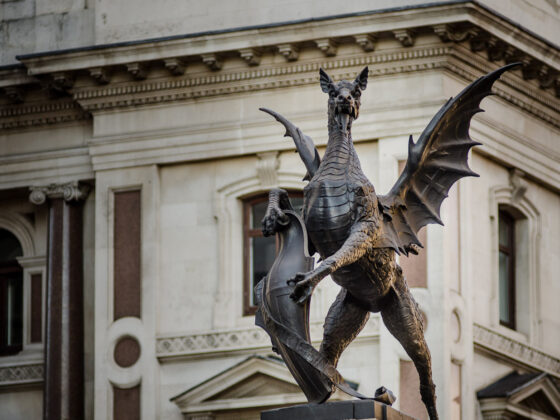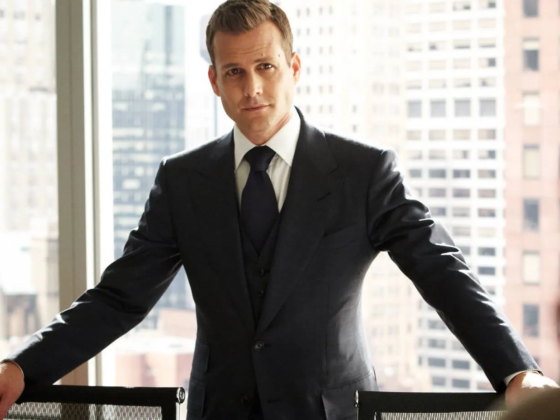
The British Supreme Court, established in 2009, stands at the pinnacle of the United Kingdom’s judiciary, serving as the highest court of appeal in civil and criminal matters. Its creation marked a significant reform in the British legal system, reflecting the need for a clearer separation of powers and a more accessible judiciary. This article delves into the history of the Supreme Court, the reasons behind its establishment, introduces its current judges, and explores how it is likely to influence the law in Britain over the next 25 years.
History of the Supreme Court
The roots of the British Supreme Court can be traced back to the judicial functions of the House of Lords, which served as the highest court in the UK for centuries. This dual role of the House of Lords as both a legislative body and the highest court led to criticism regarding the separation of powers and the independence of the judiciary. The House of Lords’ judicial functions were often seen as outdated and convoluted, especially in a modern democracy.
The need for reform gained momentum in the late 20th century and early 21st century, particularly influenced by the discussions surrounding the Human Rights Act 1998 and the evolving nature of the UK’s constitutional framework. In 2005, the Constitutional Reform Act was passed, which specifically aimed to create a new Supreme Court and establish a more distinct separation between the legislative and judicial branches of government. This act led to the formal establishment of the Supreme Court of the United Kingdom, which opened its doors on October 1, 2009.
Why It Was Established
The establishment of the Supreme Court was driven by several key factors:
1. Separation of Powers: The UK’s constitutional framework was evolving, and there was a growing consensus that the judiciary should operate independently from the legislature. The Supreme Court was intended to reinforce the separation of powers, ensuring that judges were not part of the legislative process.
2. Accessibility and Transparency: The Supreme Court aimed to provide a clearer and more accessible avenue for legal appeals. By creating a distinct court, it offered a transparent judicial process that could be scrutinised by the public and the media.
3. Modernization of the Judiciary: The establishment of the Supreme Court represented a modernization of the UK’s legal system. It was designed to address the complexities of contemporary legal issues, including human rights, constitutional law, and administrative law.
4. Final Arbiter of Constitutional Matters: The Supreme Court was tasked with interpreting and enforcing the law in a manner that could shape the constitutional landscape of the UK, particularly in relation to devolution, human rights, and public law.
Current Judges
As of 2024, the Supreme Court is composed of 12 Justices, including a President and a Deputy President. The current President of the Supreme Court is Lord Reed, who has been in office since 2020. He has played a significant role in shaping the court’s decisions and has been involved in landmark rulings concerning civil liberties and administrative law.
The Current Justices of the Supreme Court
1. Lord Reed (President): An expert in public law, Lord Reed has been instrumental in several critical decisions, particularly those involving human rights and constitutional issues.
2. Lady Arden: A leading figure in areas of commercial law and international law, Lady Arden is known for her contributions to legal clarity and reform.
3. Lord Hodge (Deputy President): His expertise in criminal law and family law has influenced key rulings, particularly in matters of statutory interpretation.
4. Lord Lloyd-Jones: His background in administrative law and public policy has informed the court’s approach to cases involving government accountability.
5. Lady Black: A prominent figure in family law, Lady Black has made significant contributions to the understanding of children’s rights and welfare in legal contexts.
6. Lord Sales: A specialist in commercial law and intellectual property, Lord Sales has shaped the court’s views on economic and business-related legal issues.
7. Lord Kitchin: His expertise in intellectual property law has been crucial in several important rulings regarding innovation and rights protection.
8. Lord Burrows: Known for his work in tort law, Lord Burrows has focused on the implications of negligence and liability in various contexts.
9. Lord Leggatt: A recent addition to the court, he brings insights from his background in commercial law and dispute resolution.
10. Lady Rose: As one of the newest Justices, Lady Rose focuses on employment law and equality issues, contributing fresh perspectives to the court.
11. Lord Justice Flaux: His expertise in commercial and administrative law has informed the court’s approach to complex legal challenges.
12. Lord Justice Singh: Known for his background in public law and human rights, Lord Justice Singh has contributed to the court’s focus on social justice and individual rights.
How the Supreme Court Will Influence Law in Britain Over the Next 25 Years
The Supreme Court of the United Kingdom is poised to play a pivotal role in shaping the legal landscape of Britain over the next quarter-century. The Supreme Court will continue to be a critical guardian of human rights in the UK. Following the incorporation of the European Convention on Human Rights (ECHR) into UK law through the Human Rights Act 1998, the court has been instrumental in interpreting and enforcing these rights. As debates around human rights evolve—especially in the context of national security, immigration, and public health—the Supreme Court will likely have to navigate complex cases that balance individual freedoms with state interests. Its decisions could significantly affect the legal protections afforded to individuals, particularly vulnerable groups.
Likewise, the Supreme Court will continue to be a critical guardian of human rights in the UK. Following the incorporation of the European Convention on Human Rights (ECHR) into UK law through the Human Rights Act 1998, the court has been instrumental in interpreting and enforcing these rights. As debates around human rights evolve—especially in the context of national security, immigration, and public health—the Supreme Court will likely have to navigate complex cases that balance individual freedoms with state interests. Its decisions could significantly affect the legal protections afforded to individuals, particularly vulnerable groups.
As the UK grapples with the implications of devolution, particularly after Brexit, the Supreme Court’s role in interpreting the powers of devolved governments will become increasingly important. The court will likely address disputes regarding the extent of devolved powers in Scotland, Wales, and Northern Ireland, as well as the relationship between the UK Parliament and the devolved administrations. Its rulings in these areas will help define the constitutional framework of the UK and clarify the balance of power within the union.







